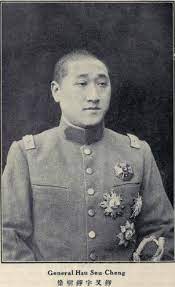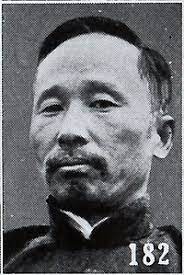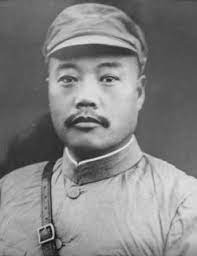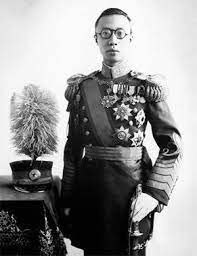Hsü Shu-cheng (4 November 1880-30 December 1925), held many important offices in Peking as the most powerful deputy of Tuan Ch'i-jui (q.v.) in the period from 1912 to 1920 and co-founder of the Anfu Club. His actions in extending Chinese authority in Outer Mongolia after 1918 turned the Mongols against China and were a chief […]








